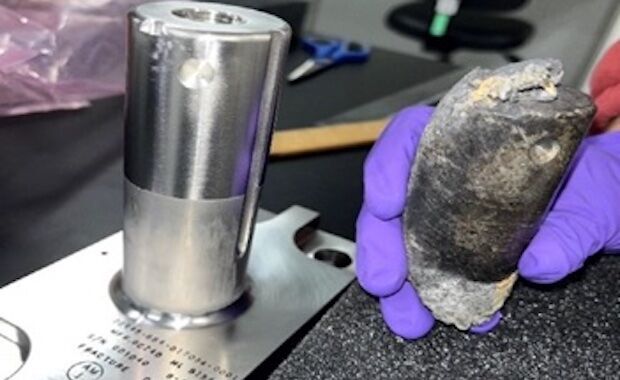Alejandro Otero, owner of the Naples, Florida, home struck by the debris, was not home when part of a battery pack from the International Space Station crashed through his home on March 8. His son Daniel, 19, was home but escaped injury. NASA has confirmed the 1.6-pound object, made of the metal alloy Inconel, was part of a battery pack jettisoned from the space station in 2021.
An attorney for the Otero family, Mica Nguyen Worthy, told Ars that she has asked NASA for “in excess of $80,000” for non-insured property damage loss, business interruption damages, emotional and mental anguish damages, and the costs for assistance from third parties.
“We intentionally kept it very reasonable because we did not want it to appear to NASA that my clients are seeking a windfall,” Worthy said.
Seems reasonable to me. If I accidentally caused damages to someone’s home, I’d certainly be held liable. But, I’m just some guy.



Is this true for everything in orbit though? Like, the ISS is in near earth orbit and so it’s absolutely just falling. But what about things up in a geostationary orbit? What about the moon?
Technically yes. The only thing keeping it near the object it’s orbiting is that objects gravity well. The only thing keeping the orbiting object from falling into the well is its speed.
Depends on your reference frame
Adding to @[email protected]’s answer, an interesting tidbit: solar wind, particularly during more solar activity, blows (some of) Earth’s atmosphere all the way past the orbit of the Moon… so at some points in time, the Moon not only falls with style, but also falls through Earth’s atmosphere!